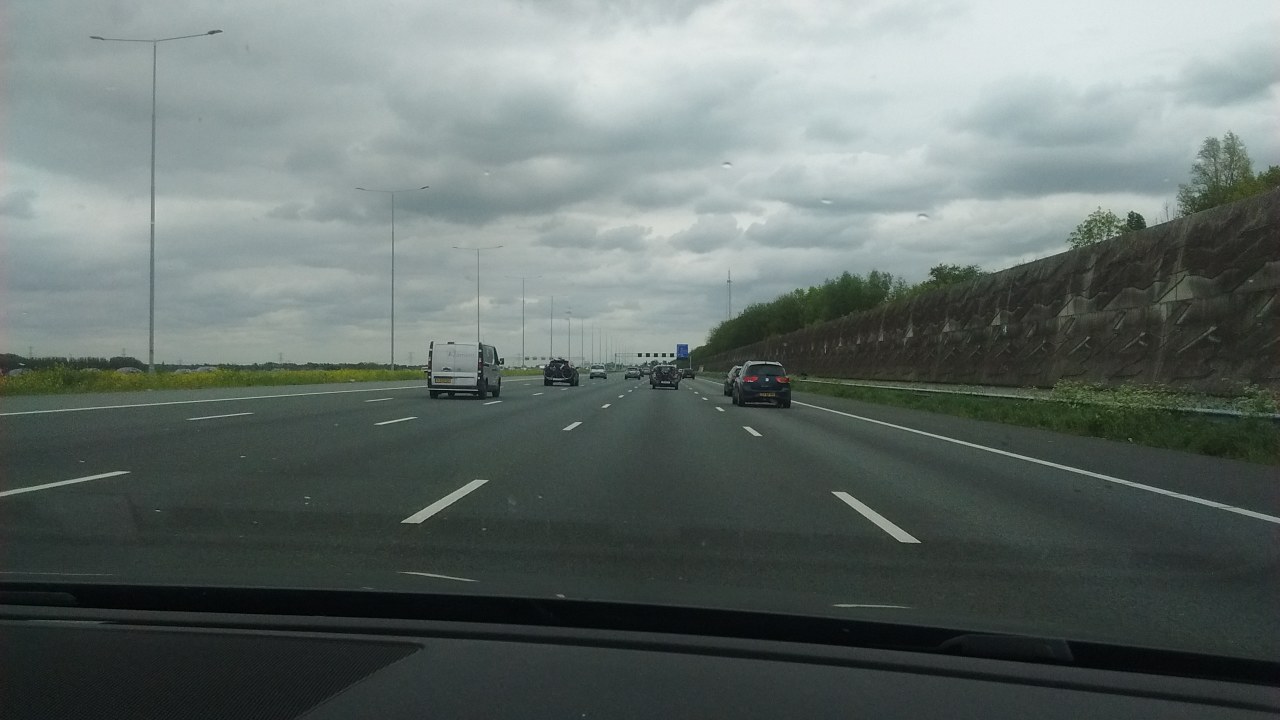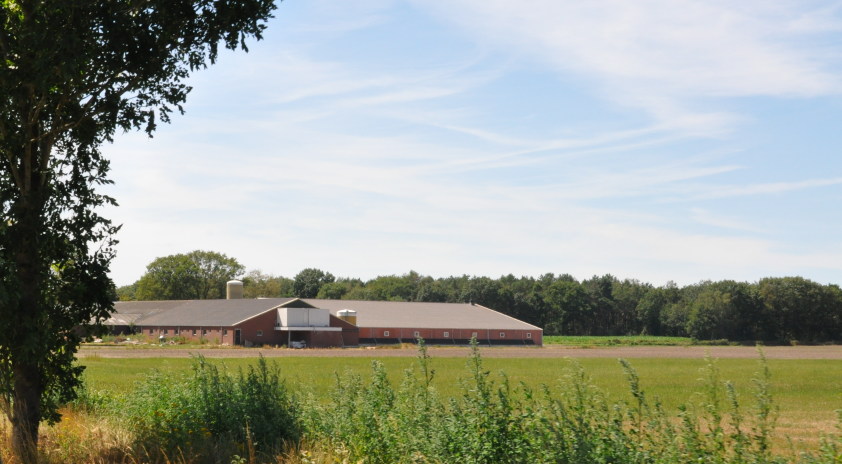From 130 km/h to 100 km/h: a political taboo breakthrough
🌳🚗💨1⃣0⃣0⃣

The unthinkable happened. Two days ago the government of the Netherlands decided that it will put a 100 km/h speed limit during daytime on all motorways as soon as possible.rijksoverheid, NOS
Long I thought this would be extremely unlikely. The VVD, the party with the most seats in the Netherlands, is sometimes called a 'vroem'("vroom" in English) party. 'vroem' referring to the sound a combustion engine car makes. Kabinet-Lubbers II, consisting of VVD and CDA - CDA also typically contributes to higher maximum speeds - which changed the default speed in 1988 from 100 km/h to 120 km/h. In kabinet-Rutte I, the VVD and CDA increased the maximum speed to 130 km/h. And soon, back to 100 km/h during daytime.
You can imagine that to the VVD lowering the maximum speed for whatever reason was taboo, let alone to 100 km/h. Until today. How did this happen?
Well they did this for the following:
- Have less traffic jams
- Reduce CO2 emissions
- Reduce air pollution
- Reduce oil demand
- Improve traffic safety
Just kidding. None of those reasons primarily. Rather, they wanted to reduce NOx, and fast. Some background:

Shortly and bluntly said: the Netherlands has the highest NOx per hectare of Europe.TNO NOx are reactive forms of nitrogen molecules. In this article I also include ammonia(NH3) and nitrates when I refer to NOx. The Netherlands is a huge exporter of agriculture related products, and agriculture is heavily industrialized. I live in an area where there is much much more livestock than humans, yet you don't see them at all, they're in huge sheds and often packed together tightly. Sometimes you can hear them when you are close to a shed. The fact that I type this with dry eyes is shocking to me. Regardless, these animals shit, piss and fart. All this excrement releases NOx, mainly ammonia(NH3). This NOx is in the air and it's not good for humans. But it also comes down to the ground, and it makes the ground much more fertile. This is not good for nature, because that means that species that need a less fertile type of ground are being overrun by plants that like high fertile ground, leading to biodiversity loss: not just the plants, but also the insects that eat the plants, and the birds that eat the insects... the entire food chain. NOx also contributes to acid rains and smog.
Since agriculture is so enormous, so are the NOx emissions. However agriculture alone is not the only to blame, but it does account for almost half of NOx. 32% comes from foreign sources. 6.1% road traffic, same percentage for households, and plenty of other minor sources.LNV, RIVM
The European Union(EU) and the Dutch government have rules for this to limit the negative consequences of NOx, in particular to protect nature, which I think is already in a sad state in the Netherlands. But put briefly: the Dutch government mismanaged the issue: it allowed for too much NOx to be emitted, to be compensated at a later time. In other words: they lived on credit. On the 29th of May 2019, the highest court of the Netherlands ruled that this is in conflict with EU laws.Raad van State
This has huge consequences. Because there was too much being emitted, it effectively froze building projects and a lot of other things I don't even know, roads can't be built, wind turbines can't be erected, barns can't be expanded(ehhmmmm), even small building projects with tiny NOx emissions such as housing may not happen. In order to "unfreeze" these projects, a reduction of NOx emissions is necessary.
The government is not happy with this, almost desperate to provide relief as soon as possible. This meant that even the unthinkable became considerable. And so, the four parties of Rutte III agreed to this measure. After all, driving a little slower on the motorways seems a better deal than say, no more buildings being built, the government must have thought. It is however relief, not a solution on the long term, and there will likely be done more, and it has to address the elephant in the room: agriculture. And there has been done more, this was not the only measure they took, but I wanted to focus on the speed limit because that was what stood out to me. But for now, a few houses can be built to relieve the already overheated housing market.
See also: Five years after its start, the nitrogen crisis is still in full force